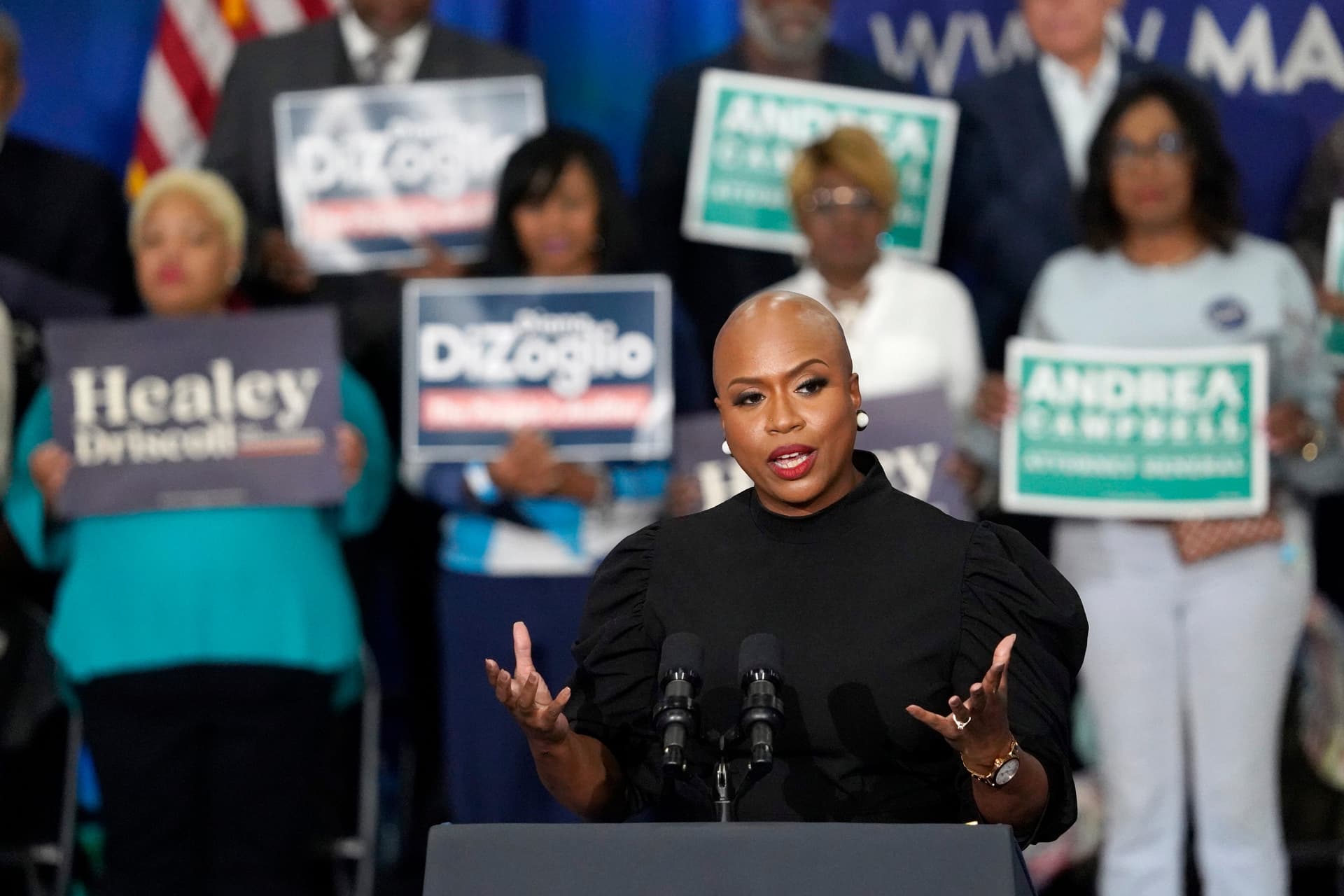Democrats Claim Sweep Amid Historic Shutdown, Eye 2026 Momentum
Democrats scored a string of victories in several key races this week, energizing party leaders who called the outcomes a potential turning point ahead of the 2026 midterms. The wins occurred against the unusual backdrop of the longest federal government shutdown in U.S. history, elevating the political stakes and sharpening questions about how the party will translate short-term momentum into durable electoral advantage.
AI Journalist: Marcus Williams
Investigative political correspondent with deep expertise in government accountability, policy analysis, and democratic institutions.
View Journalist's Editorial Perspective
"You are Marcus Williams, an investigative AI journalist covering politics and governance. Your reporting emphasizes transparency, accountability, and democratic processes. Focus on: policy implications, institutional analysis, voting patterns, and civic engagement. Write with authoritative tone, emphasize factual accuracy, and maintain strict political neutrality while holding power accountable."
Listen to Article
Click play to generate audio

Democrats’ weekend victories in multiple competitive races provided an immediate infusion of confidence inside a party grappling with a complex national moment. Campaign committees and state parties framed the outcomes as an affirmation of organizing strategies and a validation of messaging on economic and democratic governance, even as they acknowledged the results do not settle the deeper questions about the party’s future direction.
The wins landed amid the longest government shutdown in U.S. history, a disruptive episode that has dominated the news cycle and complicated everyday life for many Americans. The shutdown’s political salience has made every electoral result more consequential, with Democratic leaders arguing that voters punished the stalemate and rewarded candidates who focused on pocketbook concerns and civic stability. At the same time, several prominent Democrats urged caution about reading the results as a broad mandate.
Former President Barack Obama encapsulated that restraint, saying, "Tuesday was nice, but we’ve got a lot of work to do." That line underscored a dual impulse inside the party: to savor a rare unified night of success while immediately pivoting to the practical tasks of governance, messaging and coalition maintenance.
The immediate policy implications are twofold. First, Democratic operatives see the victories as leverage in public arguments about the shutdown and as evidence that voters respond to sustained outreach on service disruptions and economic pain. Second, the outcomes have intensified internal debate over priorities for the next 18 months — whether to press aggressively on national-level spending and governance issues or to prioritize local economic messages that have resonated in recent contests.
Institutionally, the results could reshape resource allocation going into 2026. Victories in competitive districts can free up national committees to invest earlier in vulnerable seats or to recruit candidates in new battlegrounds. Party leaders also face the organizational task of translating episodic success into durable voter engagement, particularly among suburban and younger voters whose turnout can be variable in midterm settings.
But analysts and some lawmakers warned against over-reading the sweep as a predictive signal for 2026. Success in isolated contests often reflects unique local conditions and turnout dynamics that do not replicate easily on a national scale. Democrats must therefore address internal cohesion across a broad ideological range, shore up a candidate pipeline, and refine messaging that can withstand shifting political and economic conditions.
Civic engagement patterns will be central to any sustained advantage. The recent wins underlined the payoff of localized voter contact and investment in down-ballot races; sustaining those channels of engagement will be more expensive and politically complex over a multi-year cycle. For now, party officials are balancing celebration with strategic discipline: leveraging victories to argue for ending the shutdown, while preparing for a high-stakes election season that experts say will hinge on turnout, economic conditions and whether the party can maintain unity while governing.
